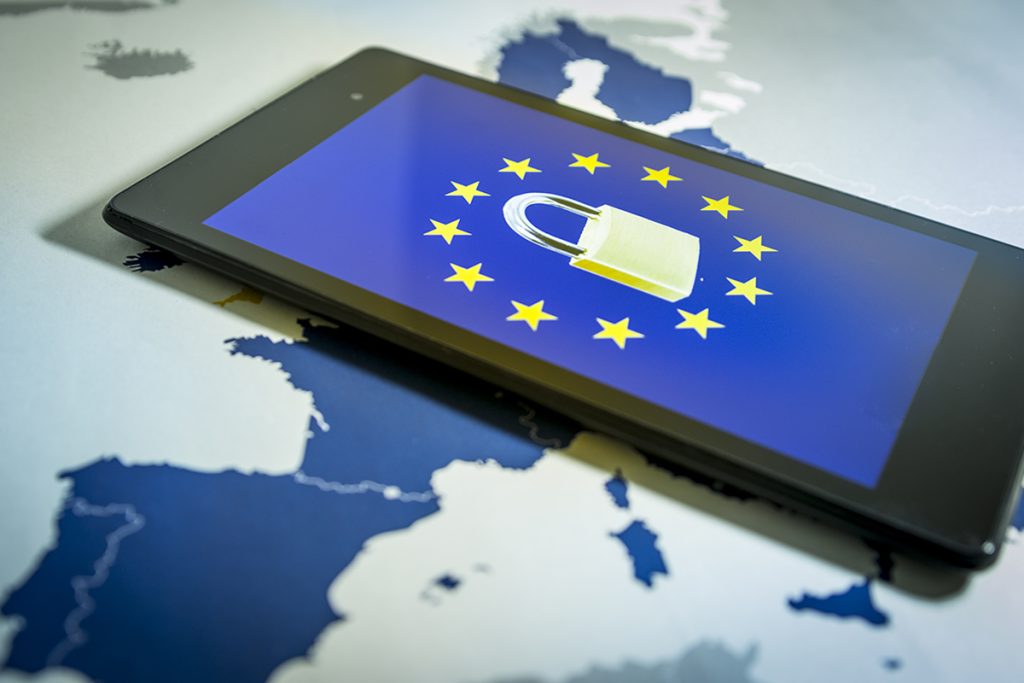In the ever-evolving landscape of artificial intelligence (AI) regulation, Europe’s latest move has stirred a robust debate among tech giants. Executives from Amazon and Meta, among others, have voiced concerns over the potential impact of the European Union’s (EU) new AI law on innovation.
The EU recently gave its final approval to the AI Act, a groundbreaking legislation designed to govern the use of AI across diverse sectors. From healthcare decision-making to law enforcement practices, the law aims to set comprehensive guidelines for AI deployment. One of its key features is the prohibition of AI applications deemed “unacceptable,” such as social scoring, while also mandating transparency for high-risk AI uses like education and hiring.
Yann LeCun, Meta’s AI chief, has questioned whether regulating research and development in AI is a prudent move. Despite widespread concerns about AI surpassing human intelligence, LeCun remains skeptical, asserting that such a scenario is not imminent. He believes that future advancements in AI will incorporate appropriate safeguards, akin to the safety measures developed for jet transport in the past.
Werner Vogels, Amazon’s Chief Technology Officer, shares similar apprehensions about the potential stifling effect of AI regulation on innovation. Vogels emphasizes the need for nuanced regulatory approaches, particularly distinguishing between low-risk applications like summarizing meetings and high-stakes domains such as healthcare and finance. He underscores the importance of ensuring that regulatory requirements are implementable across all companies, regardless of size, to avoid hindering innovation.
While acknowledging the necessity of regulation, Amazon also warns against overregulation, drawing parallels to the complexities of GDPR, Europe’s landmark data privacy law. Vogels urges policymakers to strike a balance between regulatory oversight and fostering a conducive environment for innovation within Europe.
The apprehensions voiced by tech executives come amidst a broader discussion about the global regulatory landscape for AI. As AI continues to permeate various aspects of society, governments worldwide are grappling with the challenge of crafting effective regulatory frameworks to mitigate risks while promoting innovation.
In Europe, the AI Act represents a significant milestone in this ongoing regulatory journey. By establishing clear guidelines for AI usage, the EU aims to bolster consumer trust and safeguard fundamental rights while fostering technological advancement. However, the law’s potential impact on innovation remains a subject of contention among industry stakeholders.
Critics argue that overly restrictive regulations could stifle technological progress and prompt companies to seek more favorable environments elsewhere. In an increasingly interconnected world, the risk of innovation flight poses a significant concern for policymakers tasked with striking the right balance between regulation and innovation.
As Europe forges ahead with its AI regulatory agenda, the global tech community will closely monitor the implementation and impact of the AI Act. The outcome of this regulatory experiment could shape the future of AI governance worldwide, influencing how other jurisdictions approach the delicate balance between regulation and innovation in the digital age.


